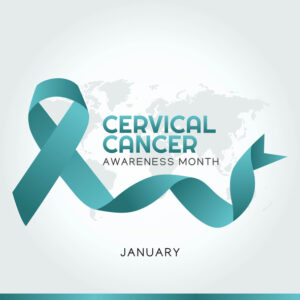- 5457 Twin Knolls Rd. Suite #300
Columbia, MD 21045 - Call Us
443. 979.7550 - Open Hours
Monday - Friday: 7:00AM - 6:00PM (by appointment)

Papanicolaou test (Pap smear)
A Pap test is a regular pelvic examination to detect any change in the cervical cells that can lead to cervical cancer. The doctor will collect cells from the surface of the cervix to detect anything unusual that can help early detection and prevention of cervical cancer. A Pap test is usually recommended for women at 30 years and can be repeated after five years combined with HPV testing, if required. Your doctor might ask you for frequent testing if there are any risks involved.
VIA Screening
Visual inspection of the cervix with acetic acid (VIA) can help detect cervical lesions. The cost-effective method is for women between 26-30 years, which involves simple treatment and effective diagnosis of early symptoms of cervical cancer. Women that are found VIA positive are treated through cryotherapy immediately after cervical biopsy. VIA helps confirmation of precancerous lesions in the cervix area. This effective and inexpensive method can be especially valuable for women in remote areas with limited resources.
HPV Testing
The human papillomaviruses (HPV) is the cause of cervical cancer in 99% of cases. The HPV testing helps in detecting the presence of HPV, the virus responsible for cervical cancer in most women. Early detection of HPV can help reduce the risk of cervical cancer and help find the best option for further treatment. HPV, the virus that causes cervical cancer, takes at least 10 years to turn into cancer, therefore, giving providing enough time for diagnosis and treatment. Sometimes your doctor might recommend simultaneous PAP and HPV testing which is a normal procedure for added surety.
Cervical cancer screening is an essential part of women’s health and should be a necessary routine screening for every woman. Regardless of when you first started having sex, you should begin screening at the age of 21. Age and medical history will determine how often you should get cervical cancer screening and which tests you should have.
Cervical cancer screenings are important and should be done regularly after consulting with your provider. As cervical cancer is a slow-developing cancer, it can be treated if detected on time. Be a responsible. Get tested. Receive necessary treatment. Win the fight against cervical cancer.
